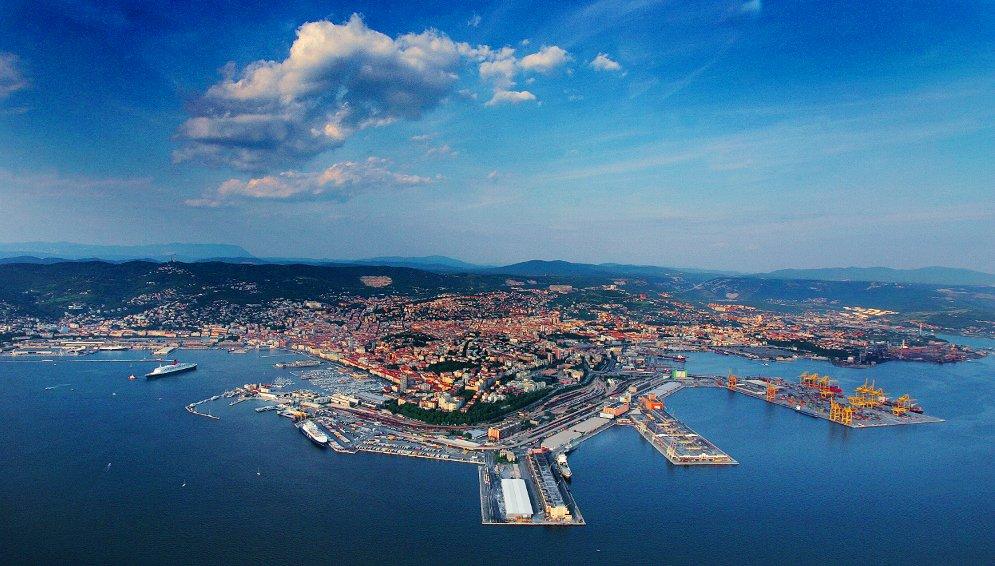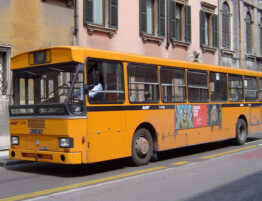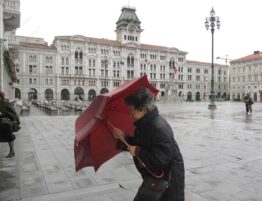
Perhaps not everyone knows about the existence of a peculiar legislation which liberalizes the international road transport of goods transiting Italy through the Port of Trieste and through the Border Crossing Point of Tarvisio.
The foreign carriers to or from the Port of Trieste can in fact transit through Italian territory holding an authorization issued for the time that is strictly necessary to make the trip.
This authorization is valid for both ways of the trip, “outward” leg and “return” leg. In particular, the free-transit authorization is issued for the time that is necessary to make the trip, usually quantified, for the outward journey, within twenty-four hours after the customs document is stamped for exit from the port of Trieste. Furthermore, as to the return leg, the time of entry in Italy must be indicated by the carrier. Such framework only applies to transports starting or ending in the port of Trieste, simplifying and making easier the international transport of goods transiting through Italy.
The only caution that the carriers will need to have in performing transports under such conditions will be that of respecting the time validity of permits and, therefore, of avoiding staying in Italy for a period longer than needed to cross the Italian territory in order to reach the place of unloading.
If they do not comply, the carriers will incur the penalties provided and punished by Article. 46 l. 298/74.
The legitimacy of such type of transport has recently been confirmed by the Justice of the Peace of Trieste, who was again called upon to decide with regard to a police record which had imposed a fine for illegal transport and had also ordered the detention of the vehicle.
Misinterpreting the rationale of the legislation in question, the officers charged the Turkish carrier with not having travelled through the national territory in compliance with the length of validity of the permit.
The agents, on the one hand, wrongly assumed that the whole journey, meaning both the outward leg and the return leg, should have been carried out within twenty-four hours after entering the port of Trieste and, on the other hand, that keeping on board of the vehicle, and showing, when requested by the agents, a copy of the customs document bearing the time of entry into the port of Trieste, had to be a duty of the carrier.
The documentation submitted at court has, however, unequivocally proven that the Turkish carrier remained on national territory only for the time necessary to get to the border crossing point of Tarvisio.
The correct use of the permits issued under this particular law certainly allows foreign carriers to take advantage of the characteristic regime of the port of Trieste.
(Trieste Office – Federica Fantuzzi – 040 7600281)








